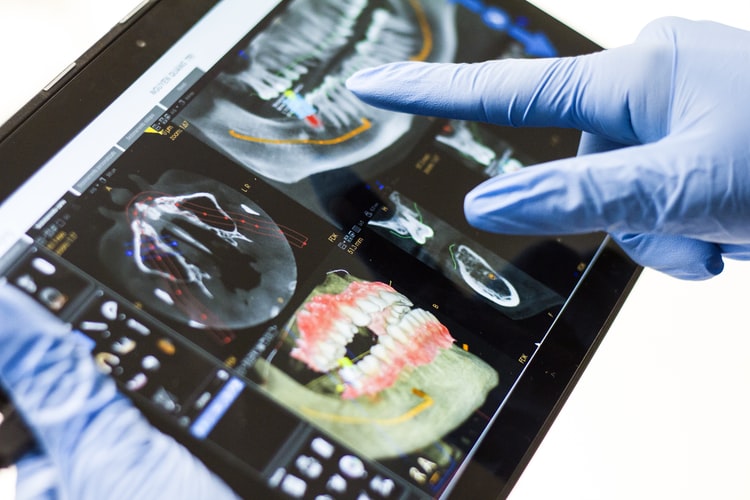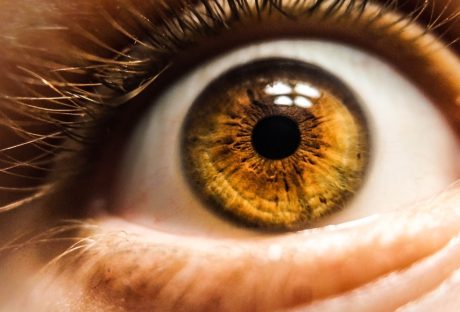Everyone desires to have sparkling white teeth. They do help make great first impressions. But as you age, your teeth will lose their natural brightness and start turning yellow. This could either be due to plaque buildup or staining from drinking certain food items such as caffeine, red wine, or even chewing tobacco. The dental porcelain veneers treatments are the easiest solutions for you to relieve the smile embarrassments.
When Are You Going To Need Porcelain Veneers Treatments?
If your natural teeth have been discolored, an easy way to cover them up is to get porcelain veneers. Veneers are quite popular with celebrities who want to flaunt a perfect smile on red carpets.
But if you are paying money to cover up discolored teeth, you don’t want them to stain again. So do porcelain veneers get stained? Dr. Lavoyger E. Gies, who provides porcelain veneers in San Antonio joined us to share his expertise in the situation.
What Are Porcelain Veneers?
Veneers are thin wafer-like shells that are attached to the front of your teeth. They are custom-made in your natural color to help blend them with the rest of your teeth.
These porcelain veneers are great for hiding chipped, broken, gapped, or stained teeth. And it is a non-invasive procedure too. The dentist will first shave down some of your enamel to prepare your teeth for the veneers.
And then, he will stick the veneers with the help of a special glue. Once attached firmly, the dentist will do some polishing so that their shapes and sizes are exactly! What you are looking for.
The whole procedure is convenient, and results can last a really long time too. And you can get them for either just one tooth or your entire front teeth.
Will My Porcelain Veneers Stain?
If you are getting veneers to alter your natural tooth color, you definitely want to know if they will stain too, right? Having to replace them regularly would be inconvenient and expensive.
But fret not! As porcelain veneers don’t stain as your natural teeth do.
The enamel of your tooth absorbs some of the colors from the food you eat. So eventually, they start turning yellow or black(if you eat tobacco).
Even your dental fillings made from the composite resin can get discolored over time. But your veneers won’t get stained anytime soon. The best part is the porcelain veneers do not stain like your natural teeth and have no chances of the cavity and other black stains.
On average, porcelain veneers last a good 15-20 years. And the material is not just physically stronger than your teeth but even resistant to stains. The natural tooth enamel is far more robust than your porcelain veneers. As a result, you have been more conscious while biting up pungent foods.
However, you may have to keep certain drinking habits in moderation. Over time, the veneers may start losing their natural color after continuous exposure to certain strong-colored food items such as black coffee and red wine.
How To Make Your Veneers Last Long?
Restricting intake of certain colored drinks and regular dental checkups will help preserve your veneers. There are also certain oral care habits that will help retain your veneer’s natural color for longer.
Regular brushing and flossing will help remove any food particles or plaque stuck to your teeth. They will even help prevent any gum disease that may affect your veneers. With the right care, some patients have been able to maintain their veneers for more than 20 years too.
So if you are looking for good quality porcelain veneers that will last you really long, visit Dr. Lavoyger Gies at Gies Dental Clinic. It is a family and cosmetic dentistry in San Antonio that provides excellent cosmetic procedures to improve your smile. So go book an appointment if you are looking for a perfect aesthetic smile.
Conclusion:
The porcelain veneers are a revolutionary treatment. As you are growing older, your teeth can turn yellow and brittle. After the treatments, you can relive the embarrassing yellow smile. The white pair of teeth are the best features on every person’s smile. Are you currently facing these types of problems? Book the appointment for the treatments and enjoy the stain-free white smile.
Read Also:
- Treating Open Wounds – Types, Treatments, and Complications
- Is Surgical Treatment the Best Option to Treat Essential Tremor?
- Do You Suffer from Varicose Veins? How to Know if You Need Treatment























